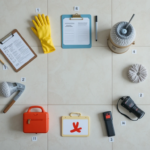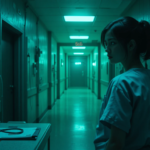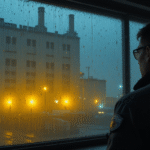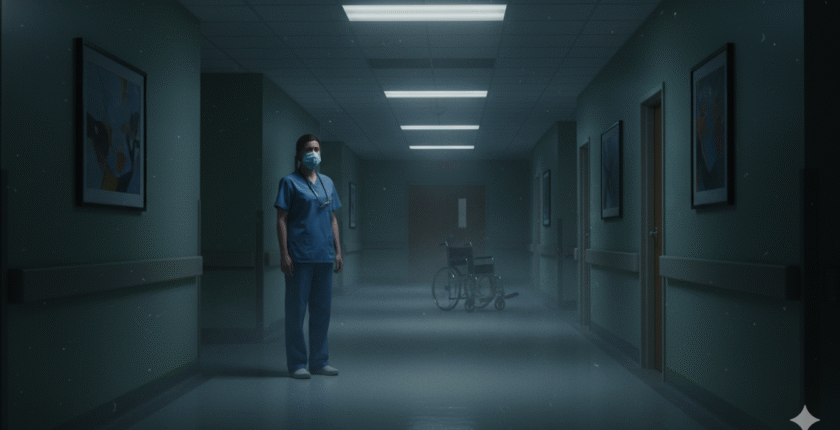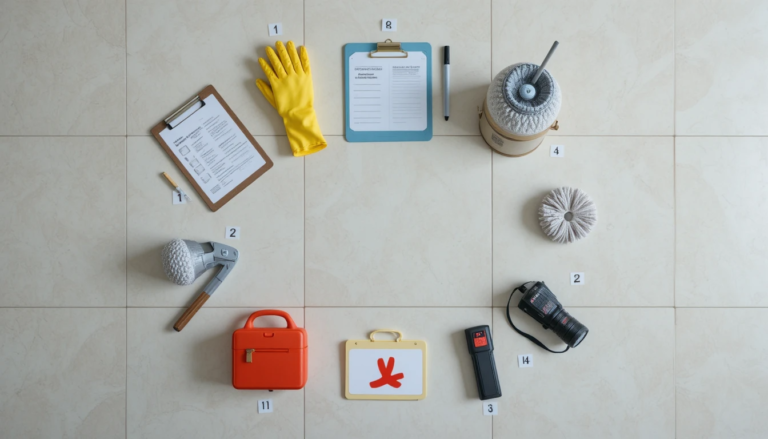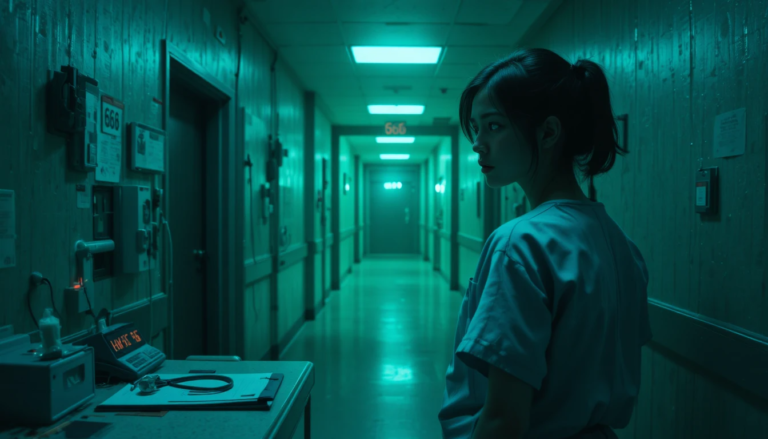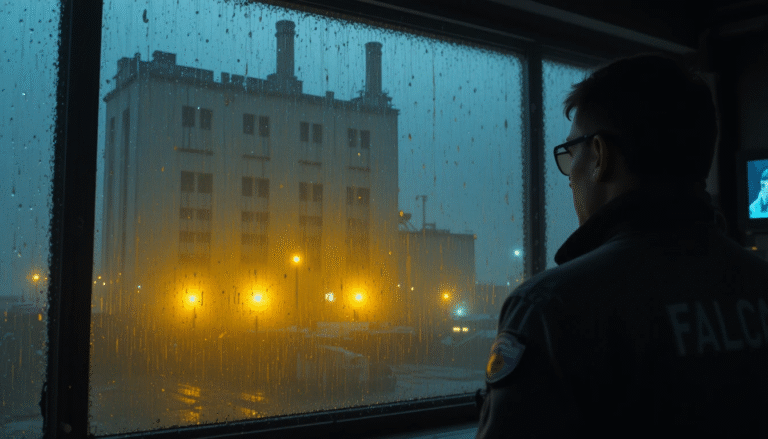Congratulations, You’ve Been Hired as an Overnight Nurse at Saint Augustine Hospital.Working the night shift in a hospital can be both noble and unnerving. As an overnight nurse, you carry the weight of caring for those who can’t sleep, can’t heal, and sometimes—can’t leave. But when your new job begins at Saint Augustine Hospital, you’ll quickly learn that this isn’t like any other healthcare facility.
Here, the quiet halls hum with memories, and the shadows seem to move with purpose. The job is simple: keep the patients safe, complete your rounds, and follow the rules—no matter what happens.
Rule No. 1 — The Wheelchair That Moves by Itself
Every nurse hears rumors during training, but at Saint Augustine Hospital, some stories come alive.
If, during your rounds, you see an empty wheelchair rolling down the corridor on its own, don’t touch it.
The senior nurses say it carries the spirit of forgotten patients, those who were never claimed or remembered. New hires sometimes try to stop it, thinking it’s a malfunction. Those who did were later found sitting in the same hallway—motionless, eyes wide open, as if they’d joined the souls that never left.
The rule is simple: let the wheelchair roll. It knows where it’s going.
Rule No. 2 — The Patient in Room 6B
At precisely 2:00 AM, you might hear the call bell from Room 6B. Ignore it.
That room has been empty since 1998.
The last patient, Eliza Moore, was admitted after a fatal accident. Her call light would flicker even though she was unconscious. After her death, it stopped—until one year later, when the bell rang again.
The maintenance team replaced the wiring, but it kept ringing at the same time every night. No one goes near that door anymore.
If you ever hear it—and you choose to answer—don’t be surprised if you find someone lying there, whispering your name.
At Saint Augustine Hospital, some patients never check out.

Rule No. 3 — The Doctor Without Shoes
Between 3:00 and 4:00 AM, you may see a doctor in a long white coat walking the halls barefoot. He’s tall, silent, and seems busy with rounds. But don’t greet him. Don’t even make eye contact.
The older nurses call him Dr. Wallace, a surgeon who died during a fire in 1967 while saving a patient. His spirit roams the hospital, searching for anyone who’ll listen to his final words.
If he asks for help—don’t answer.
Those who respond are never seen again. But their footsteps? They’re sometimes heard echoing through the upper floors of Saint Augustine Hospital, long after dawn.
Rule No. 4 — The Elevator to the Unlisted Floor
The building directory shows seven floors. Yet sometimes, the elevator stops at an eighth floor—one not listed anywhere.
When the doors open, you’ll see a dimly lit corridor with cracked walls and a faint smell of antiseptic. If that happens, do not step out.
Press the “Lobby” button, close your eyes, and wait.
Security logs show that the elevator door never actually opens on any real level. Still, some nights, cameras catch shadows moving inside the lift when it returns.
A nurse named Clara once decided to “check it out.” The elevator came back empty, and her badge was later found in the morgue basement. Even now, some swear they hear the elevator ding from nowhere deep within Saint Augustine Hospital.
The Real Night Shift Responsibilities
Beyond the eerie stories, every overnight nurse job comes with true dedication and responsibility.
Night duty requires calm under pressure, empathy, and strength to face isolation.
Your core duties include:
Monitoring patient vitals and ensuring overnight safety.
Handling emergencies until day staff returns.
Updating medical charts and restocking supplies.
Maintaining quiet, controlled environments for recovery.
But at Saint Augustine Hospital, your duties go beyond medicine—you’re also guarding the boundary between the living and the lost.
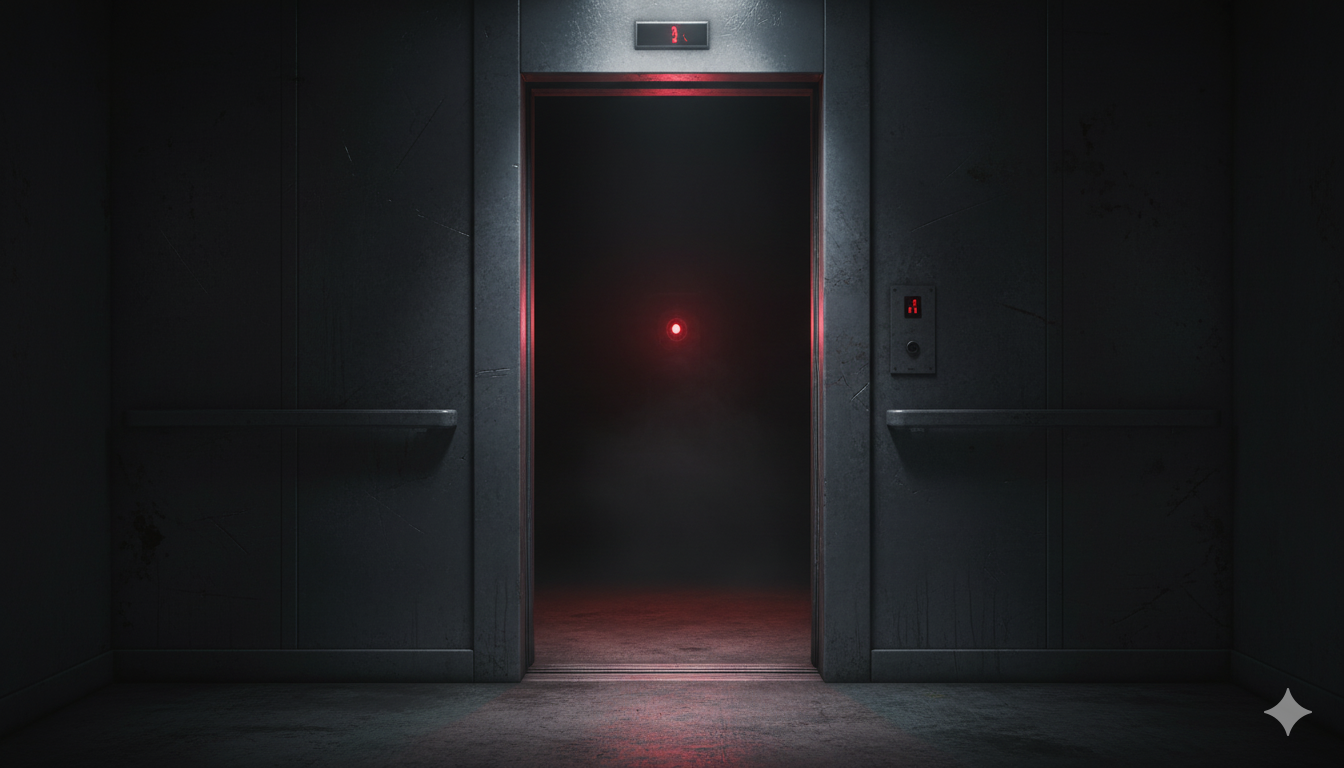
Why Hospitals Feel Haunted at Night
It’s no coincidence that hospitals inspire so many ghost stories.
They’re places where life begins and ends—sometimes within the same hour. At night, when lights dim and halls go quiet, that energy lingers.
Experts say exhaustion, flickering lights, and silence can trigger fear. But nurses at Saint Augustine Hospital know it’s more than psychology. They’ve heard footsteps where no one walks, whispers from locked wards, and bells ringing from empty rooms.
You may tell yourself it’s just the wind. But the building’s century-old foundation remembers every scream, prayer, and final breath.
Surviving the Night Shift — Practical Tips
Here are real-world survival tips for nurses who take the graveyard shift—especially in haunted places like this one:
Stay alert and hydrated. Fatigue blurs your senses, real or paranormal.
Never work in silence. Keep soft background noise to ease tension.
Avoid closed-off areas alone. Even if it’s just superstition, caution saves lives.
Document unusual activity. In hospitals, evidence matters—even of the unexplainable.
Respect every room. Whether it’s occupied or not, say “excuse me” before entering.
Keep faith or focus. A calm mind shields you better than fear.
At Saint Augustine Hospital, these aren’t just survival tips—they’re rules for making it to morning.
The Final Rule — Never Clock Out Alone
Veteran nurses whisper about the “final rule.” When your shift ends, never clock out alone.
The lobby lights flicker just before sunrise. Security cameras never show it, but staff report seeing an extra shadow near the exit doors—one that doesn’t belong to anyone still alive.
If you feel a cold breeze or hear soft footsteps behind you, don’t turn around. Just walk faster. Because some believe the hospital keeps count of who leaves—and who stays forever.
Conclusion
Working the night shift is a test of courage, patience, and heart. Nurses face exhaustion, emergencies, and sometimes, the unknown. But at Saint Augustine Hospital, those challenges become something far more chilling.
If you’ve been hired here—congratulations. You’ve earned a position few can handle. Just remember to follow every rule, trust your instincts, and never forget: not all patients at Saint Augustine Hospital are alive.
When the clock hits 6:00 AM, the lights flicker for a reason. That’s your cue to leave—quickly.
Terrifying Rules Behind the Silverlight Theater Night Usher Job


